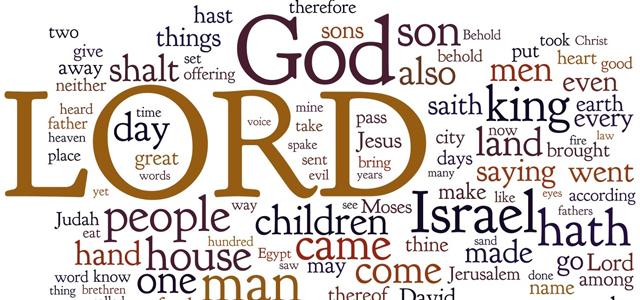In the third century, a Greek philosopher named Celsus wrote a book attacking the Christian faith. Origen, the great Christian scholar and teacher, was asked to reply to these criticisms. His response to Celsus was perhaps the finest work of Christian apologetics ever written. But Origen began by noting that the Christian faith doesn’t really need a written defence. “Jesus is always being falsely accused,” Origen said, “and he is silent in the face of this and does not answer with his own voice. But he makes his defence in the lives of his genuine disciples. Their lives cry out the real facts and defeat all false charges.”
Jesus created no institutions. He did not prescribe the right answers to moral questions. He did not seem particularly interested in founding a new religion. He wrote no books.
He was the author not of ideas but of a way of life.
Everything Jesus believed to be important was entrusted to a small circle of followers. What he handed on to his followers was simply life. He showed them his own unique way of being alive – his way of living, loving, feasting, teaching, and dying – and he invited them to live the same way.
Becoming a Christian is not really about institutional membership or about adopting a system of ideas.
To become a Christian is to be included in the circle of Jesus’ followers.
I am washed with the same bath that Jesus and all his followers have had. I get to share the same meal that Jesus shared with his followers.
Four of Jesus’ followers left written records of what he said and what he was like, and I get to spend my life continually reading these four accounts. I read them not because I am studying ideas about Jesus but because I am studying him. I want everything in my life, right down to the smallest and most disappointing details, to enter somehow into communion with the life of Jesus.
I share the holy bath and the holy meal, and I read the holy stories, because I am seeking Jesus. But when I do these things I am also seeking myself. I want to find myself among the circle of Jesus’ followers. I want to be wherever Jesus is – and he is in the company of his friends. I want my whole life to be ‘hidden with Christ in God’ (Colossians 3:3). I want my life’s small story to be tucked into the folds of Jesus’ story.
When this happens, my life acquires a meaning beyond itself. I begin to see myself as part of a great company, an ever-widening circle of people who have handed their lives over to the pattern of Jesus’ life.
This great company of disciples seems to speak with one voice, to breathe with one Spirit, to cry ‘Abba, Father!’ with one unceasing prayer (Rom 8:15-16).
The Fourth Gospel ends by telling us that it has offered only a glimpse of Jesus. If everything Jesus did was written down, ‘the world itself could not contain the books that would be written’ (John 21:25).
Perhaps, at the end of the age, the Total Gospel will be read out and will be found to contain everything – every life, every story, every human grief and joy — all included as episodes in the one great, infinitely rich story of Jesus and his friends.
The world itself is too small for such a book. Life and death are too small for the communion of saints.
Ben Myers is Lecturer in Systematic Theology at United Theological College














